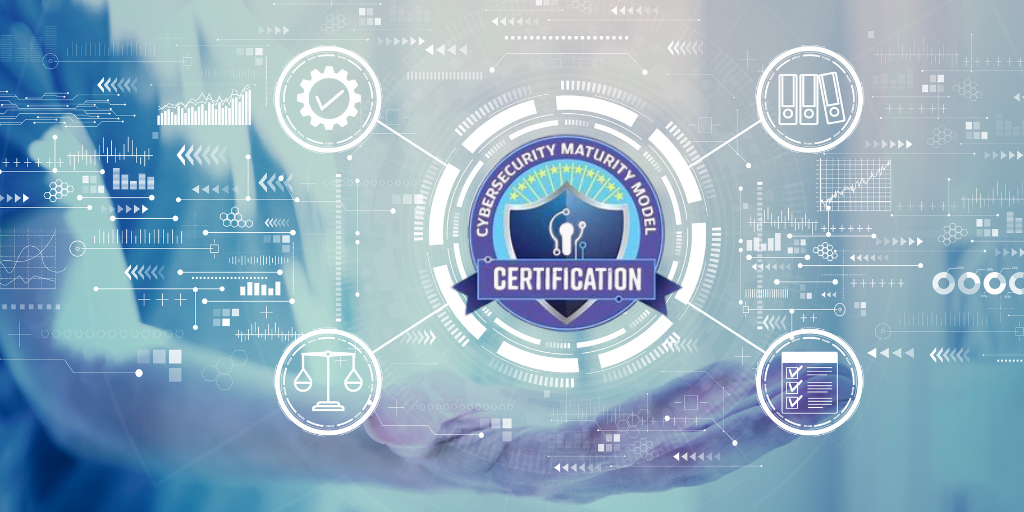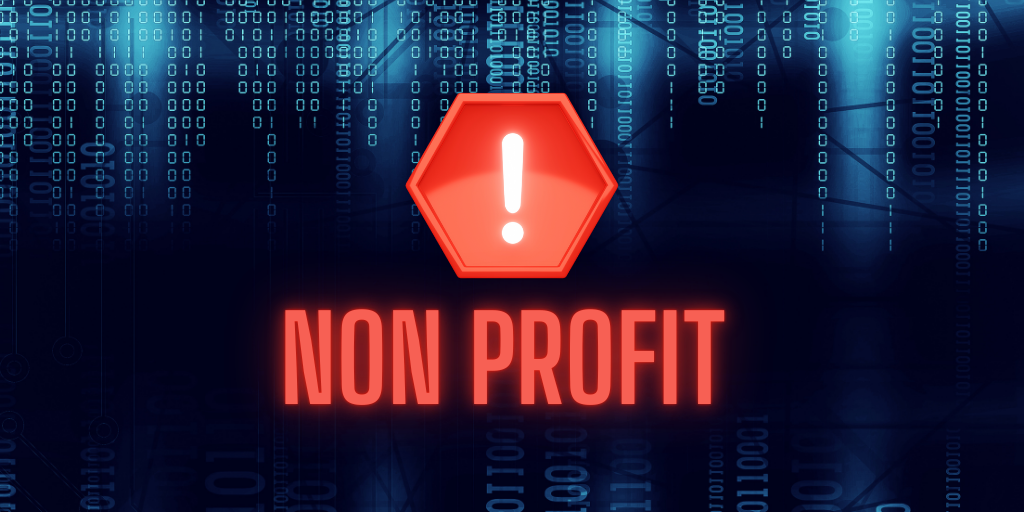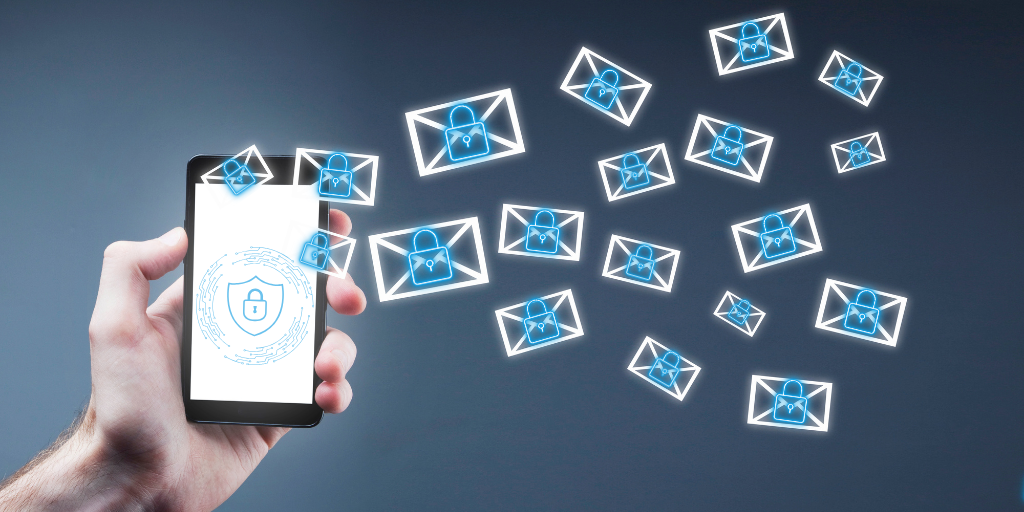Addressing CMMC Compliance Gaps for Small Businesses
Navigating the complex landscape of CMMC compliance can be a daunting task for small businesses, but with the right strategies, achieving and...
Smishing, a form of phishing carried out through mobile text messaging or SMS, is on the rise, and everyone is vulnerable to the threat. In this type of social engineering attack, cybercriminals use text messages to deceive victims into providing their sensitive information. The personal nature of text messaging makes smishing even more dangerous, as people tend to let their guard down when using their smartphones. This blog will discuss smishing in detail, how it works, how it spreads, and what you can do to protect yourself.
Smishing is a combination of SMS and phishing, and it can be assisted by malware or fraudulent websites. The aim is to trick the victim into providing sensitive information that can be used for fraudulent activities. Cybercriminals may use malware or a malicious website to install malware on the victim's phone, trick them into typing in confidential information, and send it to the attacker. Smishing text messages usually purport to be from a bank, asking for personal or financial information such as an account or ATM number. Providing this information is like handing the keys to your bank balance to thieves.
The core components of any smishing attack are deception and fraud, and the attacker assumes an identity that the victim might trust. By posing as legitimate individuals and organizations, cybercriminals lower their target's skepticism. Using a situation that could be relevant to the target allows the attacker to build an effective disguise. The message feels personalized, which helps it override any suspicion that it might be spam. By heightening a target's emotions, attackers can override their target's critical thinking and spur them into rapid action.
The attacker writes messages that will get a recipient to take action. Typically, attackers want the recipient to open a URL link within the text message, where they are led to a phishing tool prompting them to disclose their private information. This phishing tool often comes in the form of a website or app that also poses a false identity. Targets are selected in many ways but usually are based on their affiliation to an organization or a regional location.
An attacker's smishing scheme is successful once they have used your private information to commit the theft they aimed for. This goal could include but is not limited to directly stealing from a bank account, committing identity fraud to illegally open credit cards, or leaking private corporate data.
Smishing attacks primarily spread uninterrupted and unnoticed due to their deceptive nature. Users have false confidence in text message safety, assuming that their smartphones are more secure than computers. However, smartphone security has limitations and cannot always directly protect against smishing. Regardless of the means being used, these schemes ultimately require very little beyond your trust and a lapse in judgment to succeed
To protect yourself from smishing, here are some tips you can follow:
1. Be suspicious of text messages from unknown numbers or senders.
2. Don't click on any links in a text message if you're not sure of the sender's identity.
3. Don't provide personal or financial information over a text message.
4. If you receive a text message purporting to be from your bank, call the bank to verify the authenticity of the message.
5. Keep your phone's software up to date and install antivirus software.
In conclusion, smishing is a growing threat to personal and business security. Cybercriminals use text messages to deceive victims into providing sensitive information that can be used for fraudulent activities. Following the tips above, you can protect yourself from smishing and stay safe online.

Navigating the complex landscape of CMMC compliance can be a daunting task for small businesses, but with the right strategies, achieving and...

In an increasingly digital world, non-profits are prime targets for cyber threats. You can just discover how a Virtual CISO can protect your...

Small businesses must prioritize secure messaging to protect sensitive information and maintain customer trust.